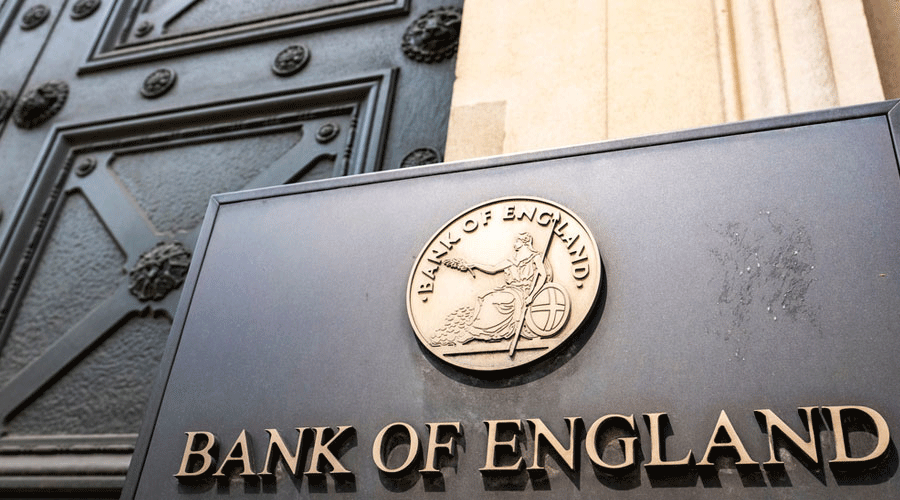The Bank of England on Thursday followed the US Federal Reserve, the Swiss National Bank and Norway’s central bank in ploughing on with interest rates hikes, saying the UK banking sector was strong enough to withstand the instability that rippled through markets this month.
The rate hikes signal that central banks in the west are intensifying their fight against inflation even as concerns grow about a likely recession in the US later this year which may force the US Fed to cut rates after nine upward revisions in the past year.
Relentless rate hikes to rein in inflation are among factors blamed for the worst banking sector stress since the 2008 financial crisis and investors had questioned whether the central banks could press on with tightening policy.
The Hong Kong Monetary Authority on Thursday lifted its base rate charged through the overnight discount window by 25 basis points to 5.25 per cent, hours after the US Federal Reserve delivered a rate rise of the same margin.
The monetary policy committee of India’s Reserve Bank of India (RBI) is meeting between April 3 and April 6 to deliberate on rates.
The Bank of England raised rates by a further 25 basis points on Thursday and said it expects the surge in British inflation to cool faster than before, despite a surprise jump announced on Wednesday. It noted “large and volatile moves” in financial markets globally caused by the banking turmoil but said its Financial Policy Committee judged that Britain’s banking system remained resilient.
Norway’s central bank hiked rates by 25 basis points to 3 per cent on Thursday and signalled more would come.
The Swiss National Bank raised its main interest rate by 50 basis points on Thursday to 1.5 per cent and said UBS’s emergency takeover of Credit Suisse had “put a halt to the crisis”.
The collapse of two US lenders earlier this month triggered turmoil in banks around the globe, ensnaring one of Europe’s biggest banking names in 167-year-old Credit Suisse AG.
After its eleventh straight hike, the BoE said it had noted the “large and volatile moves” in financial markets, but that Britain’s banking system remained resilient. “We’ve had events in the last two weeks particularly which have signalled problems that have had to be dealt with in the global banking system. And there has been very prompt action,” BoE governor Andrew Bailey told broadcasters.
“We have learnt a lot of lessons from the financial crisis. Of course we keep learning lessons, but I’m confident that the banks in (Britain) are in a much stronger position,” he said.
Moves impact stocks
Mumbai: Equity benchmark Sensex declined 290 points in a volatile session to settle below the 58000 mark on Thursday due to a sell-off in banking, financial and IT stocks amid a mixed trend in global equities.
After rallying for two straight days, the 30-share BSE Sensex fell 289.31 points or 0.50 per cent to settle at 57925.28, with 16 of its constituents posting losses.
During the day, the index witnessed a high of 58396.17 and a low of 57838.85.
“The recovery was shortlived due to a sluggish start in the European market led by a 50 bps hike by the Swiss National Bank,” said Vinod Nair, head of research at Geojit Financial Services.
Adani stocks
Five of the 10 listed Adani stocks ended in the red in line with the weak trend. The losses came a day after the stock exchanges included Adani Power under the short-term additional surveillance measure (ASM) framework.
While Adani Enterprises declined 1.19 per cent to Rs 1,792.60 on the BSE, Adani Ports settled 0.36 per cent lower at Rs 654.95, Adani Power by 1.30 per cent at Rs 201.20, ACC 0.06 per cent at Rs 1,738.15 and Ambuja Cements 0.98 per cent at Rs 372.
OUR SPECIAL CORRESPONDENT










